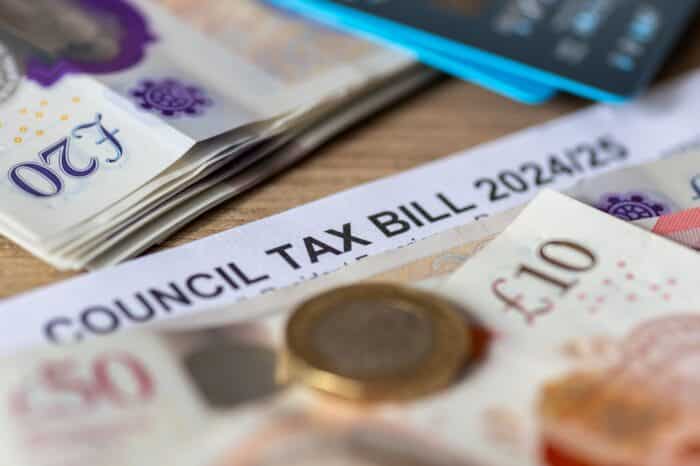
The single-person discount means you get 25% off your bill if you pay council tax and live on your own. To be eligible, your property must be your only or main place of residence. To claim the discount, you’ll need to complete a council tax incoming occupier form from your local authority.
Research by fraud prevention service Cifas has found what it calls an “alarming trend” of individuals dishonestly claiming the single-person discount.
A recent Cifas survey of 2,000 UK adults found that one in six (16%) admitted to either falsely claiming the discount themselves or knowing someone who had done so in the past year. People aged 25-34 were the most likely to have dishonestly claimed the discount.
With council tax bills rising for many, Cifas’ Fraud Behaviours Survey found that dishonestly claiming the single person discount remains one of the ‘most common’ types of first-party fraud, alongside falsifying CV qualifications (18%) and retail non-delivery fraud (19%).
The study found that 9% of respondents deemed falsely claiming the single-person discount as ‘reasonable’, while 13% mistakenly believed this type of fraud was legal.

How life insurance can benefit your health and wellbeing over the decades
Sponsored by Post Office
Rachael Tiffen, director of public sector for Cifas, said: “First-party fraud isn’t a harmless crime – it’s harmful. At a time when many households are feeling the squeeze of rising council tax bills, it’s more important than ever to recognise that council tax fraud, including false claims for single-person discount, puts vital local services at risk. It can also result in serious consequences for those individuals who act dishonestly.
“Fraud against the public purse diverts funding away from the very communities that need it most. We understand times are tough, and that’s why it’s so important to support residents during challenging times without resorting to fraud. Ensuring people can report suspected fraud quickly and anonymously remains crucial.”




